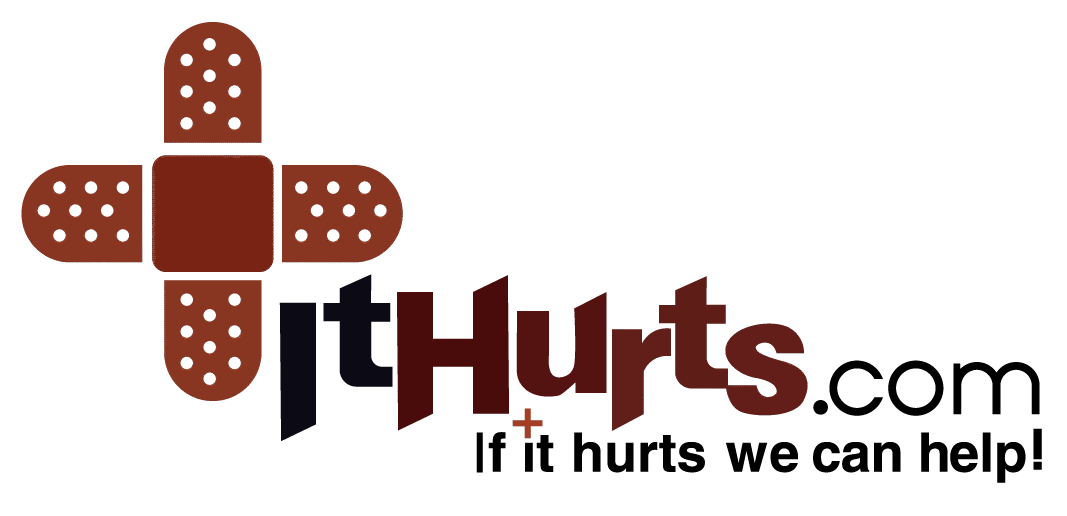Shopping Cart
CloseNo products in the cart.
Filter
closeSinus Suffering: Understanding the Pain of Sinus Infections and How to Find Relief
A Comprehensive Talk on Sinus Suffering

Understanding the Basics of Sinus Infections
Sinus infections, or sinusitis, are a common condition that affects millions of people each year. While they are often dismissed as a minor nuisance, anyone who has experienced the throbbing facial pain, relentless congestion, and accompanying headaches knows just how debilitating they can be. This article dives deep into what sinus infections are, why they cause pain, and most importantly, how you can recover and prevent them in the future.
What is a Sinus Infection?
Sinuses are air-filled cavities in your skull, located behind the forehead, nose, cheeks, and eyes. They produce mucus, a vital substance that keeps your nasal passages moist and free of allergens, dust, and pollutants.
A sinus infection occurs when these cavities become inflamed and swollen, often due to an infection or an allergic reaction. The inflammation blocks the normal drainage of mucus, creating an environment ripe for bacterial, viral, or fungal growth.
Why Do Sinus Infections Cause Pain?
The pain associated with sinus infections stems from several factors:
- Pressure Buildup:
When mucus cannot drain properly, it accumulates in the sinus cavities. This leads to increased pressure, causing pain that often radiates to the forehead, eyes, nose, and upper jaw.
- Inflammation of Tissues:
The infected sinuses become inflamed, and the swelling puts additional pressure on surrounding nerves and tissues.
- Nerve Sensitivity:
The trigeminal nerve, responsible for sensation in the face, often gets irritated during a sinus infection, leading to widespread facial pain.
- Infection-Related Symptoms:
Fever, fatigue, and body aches are common during a sinus infection, compounding the overall discomfort.
Symptoms of a Sinus Infection
The symptoms of a sinus infection can vary depending on the severity and type (acute or chronic). Common symptoms include:
– Facial pain or pressure: Usually around the cheeks, eyes, and forehead.
– Nasal congestion: Stuffy nose that makes it difficult to breathe.
– Thick nasal discharge: Yellow or green mucus is a hallmark of bacterial infections.
– Headache: Often worse in the morning or when bending forward.
– Fever: Common with bacterial sinusitis.
– Postnasal drip:Mucus dripping down the back of the throat, causing a sore throat or cough.
– Fatigue: Feeling drained and unwell.
– Loss of smell or taste.
If symptoms persist for more than 10 days or worsen after initially improving, it’s essential to consult a healthcare professional.
How to Recover from a Sinus Infection
- Home Remedies for Symptom Relief
– Steam Inhalation:
Inhaling steam can help open up nasal passages and promote mucus drainage. Add a few drops of essential oils like eucalyptus or peppermint for added relief.
– Stay Hydrated:
Drinking plenty of water thins mucus, making it easier to expel. Warm teas and broths can also soothe a sore throat.
– Humidify Your Environment:
Use a humidifier to keep the air moist, which prevents the nasal passages from drying out and becoming irritated.
– Warm Compresses:
Apply a warm compress to your face to reduce sinus pressure and alleviate pain.
– Rest:
Your body needs energy to fight off the infection, so make sure you’re getting plenty of sleep and avoiding strenuous activities.
2. Over-the-Counter Treatments
– Nasal Decongestant Sprays:
These can provide temporary relief by reducing swelling in the nasal passages. However, they should not be used for more than 3 days to avoid rebound congestion.
-Saline Nasal Sprays:
Non-medicated saline sprays can flush out allergens, bacteria, and mucus from your sinuses.
– Pain Relievers:
Over-the-counter medications like ibuprofen or acetaminophen can help manage pain and reduce inflammation.
3. Prescription Medications
Antibiotics:
If your doctor determines the infection is bacterial, they may prescribe antibiotics. Remember, antibiotics are ineffective against viral sinus infections.
– Steroid Nasal Sprays:
These are often prescribed for chronic sinusitis to reduce inflammation and prevent recurrence.
4. Alternative and Complementary Therapies
– Neti Pot:
A Neti pot can irrigate your sinuses, flushing out mucus and allergens. Be sure to use sterile or distilled water to avoid introducing harmful organisms.
– Acupressure:
Gentle pressure on specific facial points may provide relief from sinus pain and congestion.
Preventing Future Sinus Infections
Once you’ve recovered, you’ll want to reduce the risk of recurrence. Here are some preventive measures:
- Manage Allergies:
Allergic reactions can trigger sinus inflammation. Use antihistamines or allergy medications as prescribed by your doctor.
- Stay Hydrated:
Drinking water keeps your nasal passages moist and helps your body naturally flush out irritants.
- Avoid Irritants:
Minimize exposure to smoke, strong perfumes, and other airborne irritants that can inflame your sinuses.
- Boost Your Immune System:
Eat a balanced diet, exercise regularly, and consider supplements like vitamin C or zinc to keep your immune system strong.
- Practice Good Hygiene:
Regular handwashing and avoiding touching your face can prevent infections.
- Address Structural Issues:*
If you have a deviated septum or nasal polyps, consider consulting an ENT specialist to correct the issue surgically if necessary.
When to See a Doctor
when professional medical intervention is necessary. Seek medical help if:
– Symptoms last longer than 10 days.
– You experience severe facial pain or swelling.
– Fever persists despite treatment.
– Vision changes or swelling around the eyes occur.
– Recurrent sinus infections impact your quality of life.
The Emotional Toll of Sinus Pain
Sinus infections don’t just cause physical pain; they can also affect your emotional well-being. Constant discomfort, disrupted sleep, and the inability to perform daily tasks can lead to feelings of frustration, irritability, and even depression. If you’re struggling to cope, reach out to loved ones for support or consider speaking with a healthcare professional.

Final Thoughts:
Sinus infections can be painful, frustrating, and downright exhausting, but with the right care and preventive measures, you can recover and reduce your chances of future infections. Start with simple home remedies, incorporate over-the-counter treatments as needed, and don’t hesitate to consult a doctor for persistent or severe cases.
Remember, your health and well-being are worth the effort. By taking proactive steps to care for your sinuses, you can reclaim your comfort, breathe easier, and get back to enjoying life pain-free. If you’re battling a sinus infection right now, start with the strategies in this article, and take one step at a time toward recovery.
Call to Action: Share this article with someone who might be struggling with sinus infections. You could be helping them take their first steps toward relief!
ItHurts.com is your ally in your endeavor to live pain-free. We offer guidance, resources, and community support to address chronic pain, emotional stress, and physical discomfort. Discover insightful articles, product reviews, recommendations and shared experiences to empower your journey to better health. Remember, if it hurts, we can help!
Related Products
No posts found!
Related Blogs
No posts found!
